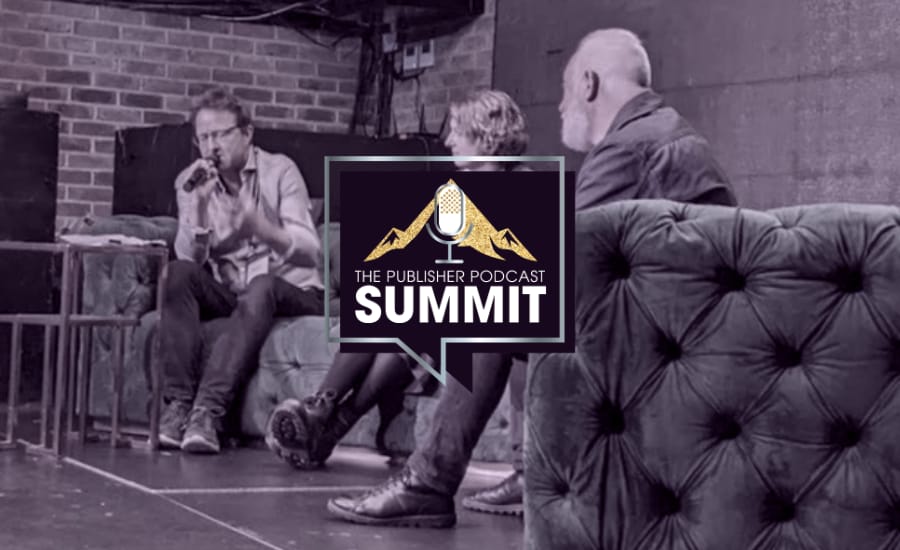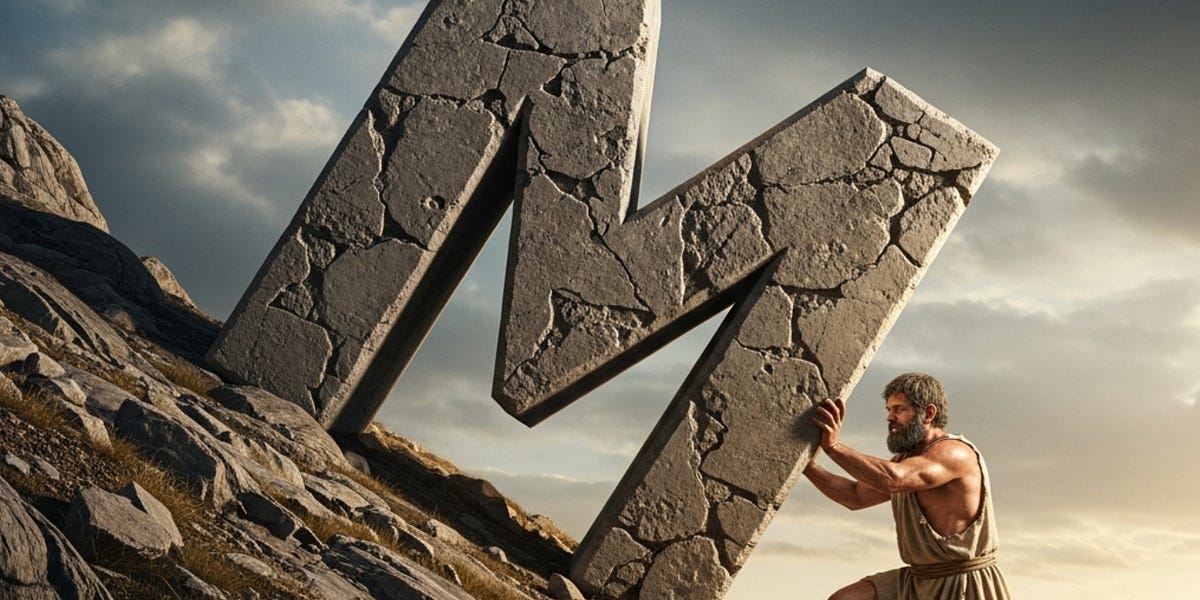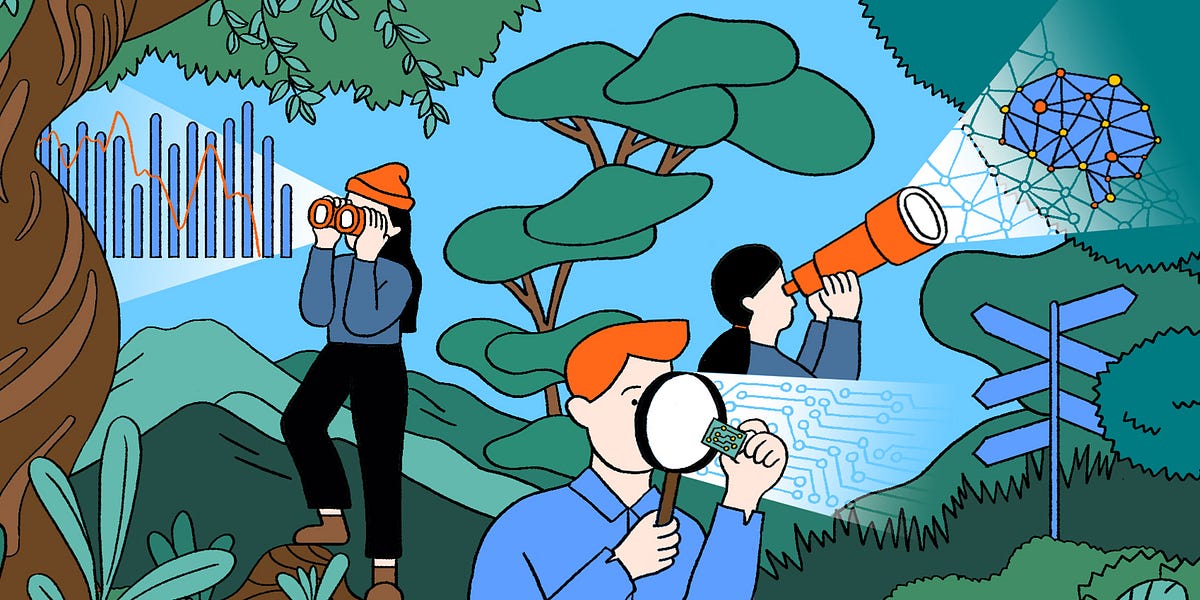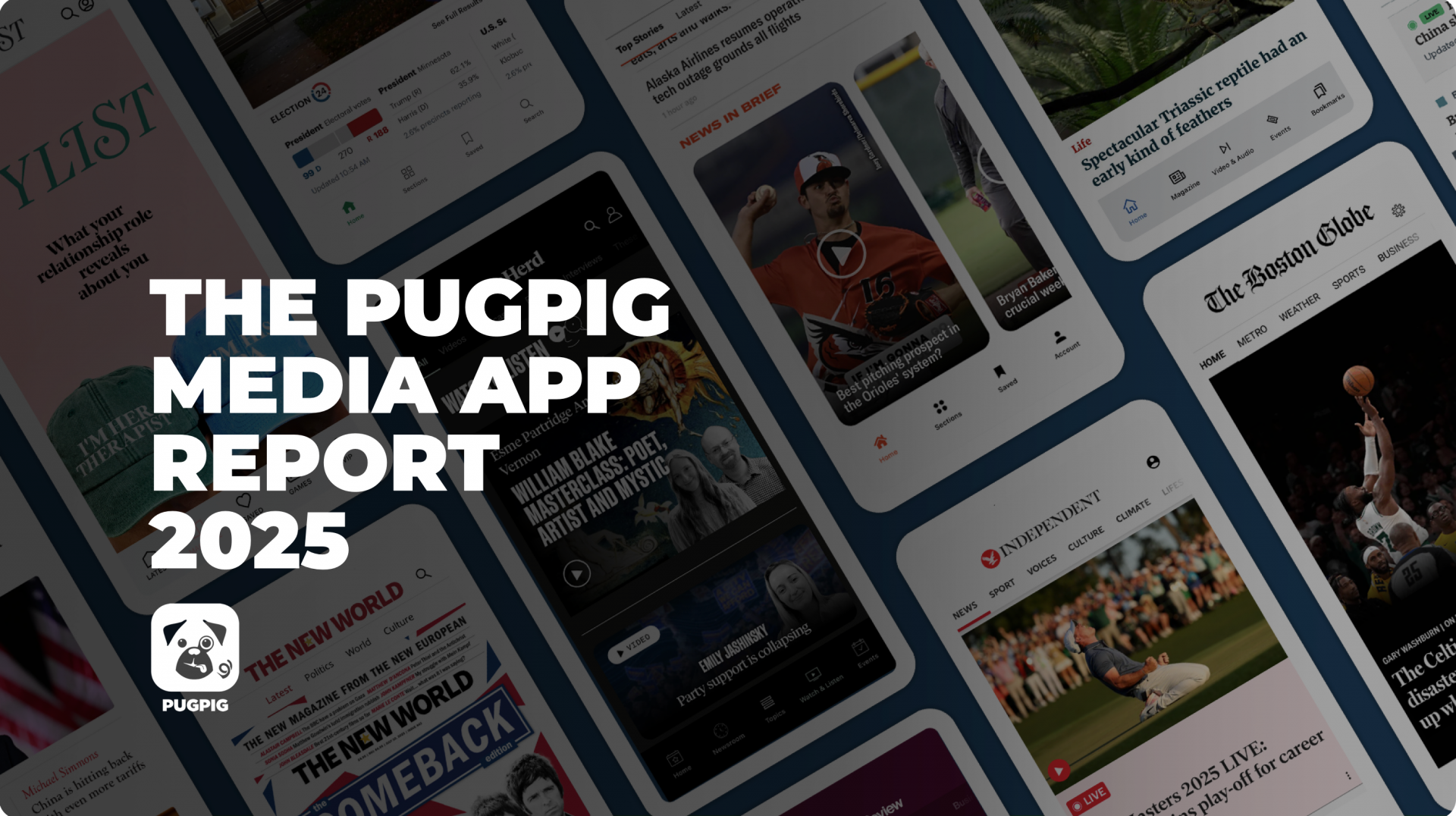- The Publisher Newsletter
- Posts
- What community means to the Women’s Running podcast and The Plodcast from the BBC’s Countryfile magazine
What community means to the Women’s Running podcast and The Plodcast from the BBC’s Countryfile magazine
We brought together two award-winning podcasters at our recent Publisher Podcast Summit – Women’s Running and The Plodcast from the BBC’s Countryfile – to find out how they see their podcast communities and what challenges they’ve faced in their community-building journeys.
Welcome to The Publisher Newsletter, by Media Voices: your weekly newsletter profiling the people and products powering publishing.
A quick note on this week’s podcast: we published it yesterday hoping we’d done enough to make our backup recording from the Podcast Summit listenable (we lost much of the sound desk recording for reasons we won’t go into here!) But reviewing it again yesterday morning, we made the decision it was too frustrating a listening experience, so have removed it.
The podcast will be back next week, and we’ll be evaluating which sessions we can bring you across the Summits of sufficient sound quality whilst writing up others as articles only. Thanks for bearing with us!
- Esther
Why the new Observer retains Tortoise Media’s focus on audio-first publishing
Community is one of those words, a bit like content, that means something different to every publisher. We brought together two award-winning podcasters at our recent Publisher Podcast Summit – Women’s Running and The Plodcast from the BBC’s Countryfile – to find out how they see their podcast communities and what challenges they’ve faced in their community-building journeys.
The Plodcast from BBC’s Countryfile magazine is a ‘weekly adventure into nature’. “It’s not a studio based podcast,” explains host Fergus Collins. “Sometimes it’s me walking alone in the countryside describing what I’m finding, [sometimes] I take guests. I take people on journeys. ”
Fergus was formerly the editor of Countryfile magazine and says that was all about calls to action. “Everything we did in print, digital, email, but the podcast is the action.” His goal is to give listeners an experience. “I want to take them on a walk with me and my guest and share the joy of nature.”
This year’s Publisher Podcast Summit kicked off with a keynote from The New Statesman’s Chris Stone. He took the opportunity to underline just how much podcasts can bring publishers closer to their audiences. He explained: “They’re great at welcoming audiences into our world, then creating a sense of human connection, then fostering a sense of belonging.”
Those ideas resonated with Fergus: “I’ve always found so much in nature that has been fulfilling and given me a sense of belonging. And I realised that many other people are yearning for that. Particularly during the pandemic, there were people desperate to get out where they couldn’t.”
The Women’s Running podcast also has its roots in the pandemic, when host Esther Newman and her co-host Holly Taylor began recording the show from their respective homes.
The podcast began as an interview show, but shifted focus when Esther began training Holly for a half marathon. “We quickly discovered that people were more invested in those conversations, lots of it not to do with running. We worked out that we are sitting in the Venn diagram between women and running and those groups of people want to find community.”
Inviting listeners in
Whether nature lovers or runners, inviting listeners to join the community is a key first step.
For Fergus, that’s about putting listeners at the ‘dead centre’ of the podcast. He meets with his team every few weeks to go through listener emails and review questions they have asked. “As well as taking them out on walks – always thinking of them just beside me – we have this forum, a podchat, where we sit around the table and read out their messages.”
“We also value their contributions, and invite them to send in their own recordings of nature. There is almost this competitive element to it, to send the most exciting things in audio.”
Women’s Running gives its listeners the chance to contribute through Discord, a messaging platform that Esther describes as an old-school forum with the facility to add custom channels.
She says she launched with classic running topics – 5K,10K, half marathon. They did OK, but things really took off when she added channels that gave people a chance to talk about their lives – menopause, books and reality TV.
“It gives people an opportunity to speak when they wouldn’t necessarily email us,” she explains. “They speak to us directly through Discord, to say either what they’re thinking about, what they’re talking about, to suggest new topics or to argue amongst themselves.”
One unexpected benefit of reader engagement on Discord has been direct feedback for sponsors. “We were sponsored by a training app called Coopah and everyone was talking about it on Discord,” says Esther. “It was so useful because we could use that to go back to the sponsor and say ‘ It’s really popular, but they want X, Y, Z, or this discount isn’t enough?’. It was incredibly valuable.”
Creating safe spaces
Esther is active in the Women’s Running Discord, but doesn’t moderate it unless asked. “I think women runners are ostracised in so many other spaces. They find this particular safe space a bit precious. There has never been, as far as I know, anything nasty; everyone is very, very supportive.”
Fergus says Facebook is The Podcast’s strongest social channel and acknowledges the arguments that are raging on the platform around environmental and countryside issues. But with an association to the BBC brand, he is cautious.
“We do get a lot of posters who want me to engage, goading me into making a political statement. I’m sure they would like me to be a little more open and angry, but I try to be as balanced as possible.”
He doesn’t, however, see that as a barrier to building The Plodcast community: “I think most people are still coming for an escape, an episode of joy. When you overload the doom and gloom – ‘look at the state of it’ – that’s not going to help.”
Esther agrees about being cautious around political issues, but less so when it comes to the issues faced by women runners. “There’s so much to fight for in terms of running for women,” she explains.
“I was told by a boss of ours: ‘You can’t put a campaign in every episode. You can’t put a campaign in every issue’. Maybe he was right, but actually we can, because we have to.There are so many women facing so many barriers. And we hear about these things all the time and [the episodes] where we have got really cross, people really respond to it.”
More than anything, the communities that have grown up around The Plodcast and Women’s Running rest on the connection between hosts and listeners. For Esther that’s about creating a ‘safe bubble’ for women runners to feel supported, valued and celebrated for their achievements. For Fergus, it’s about sharing the joy of walking and talking.
He says, “The Plodcast came out of taking friends for walks so I just imagine that I’m friends with however many thousands [of listeners] there are. I think that works.”










